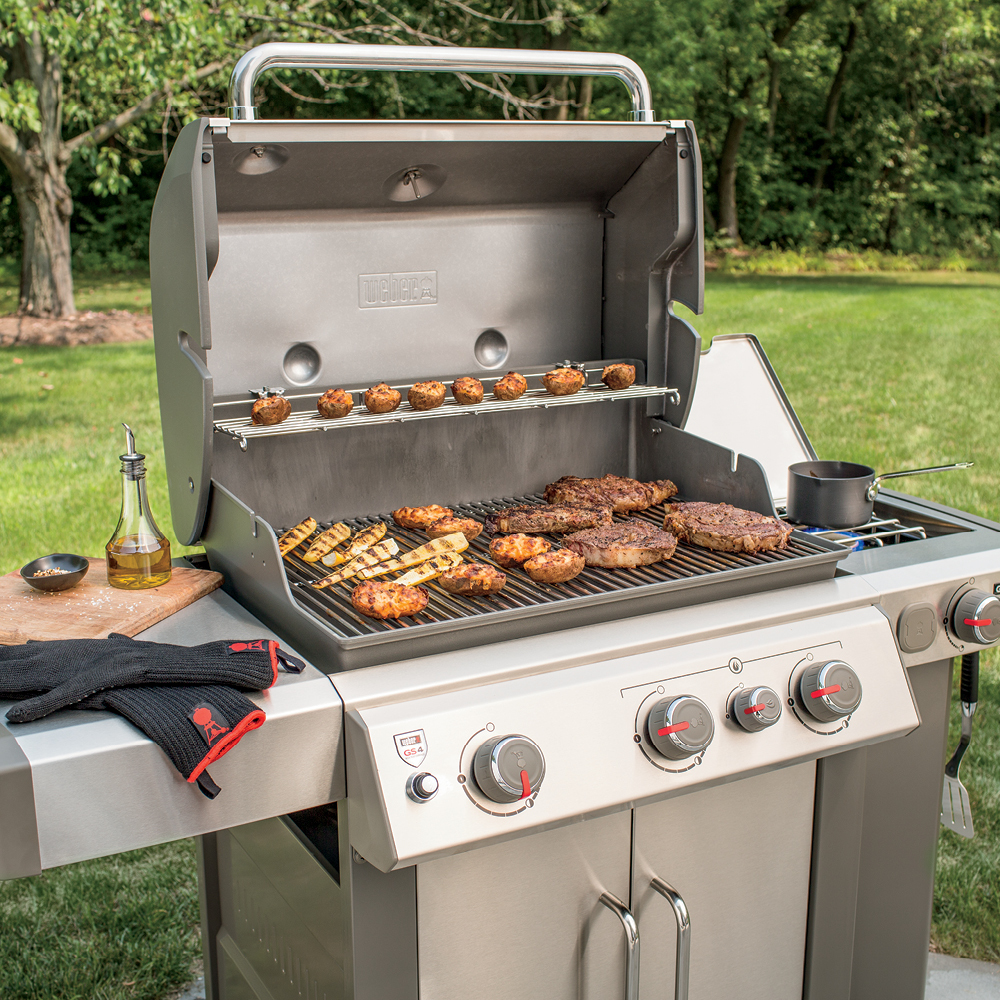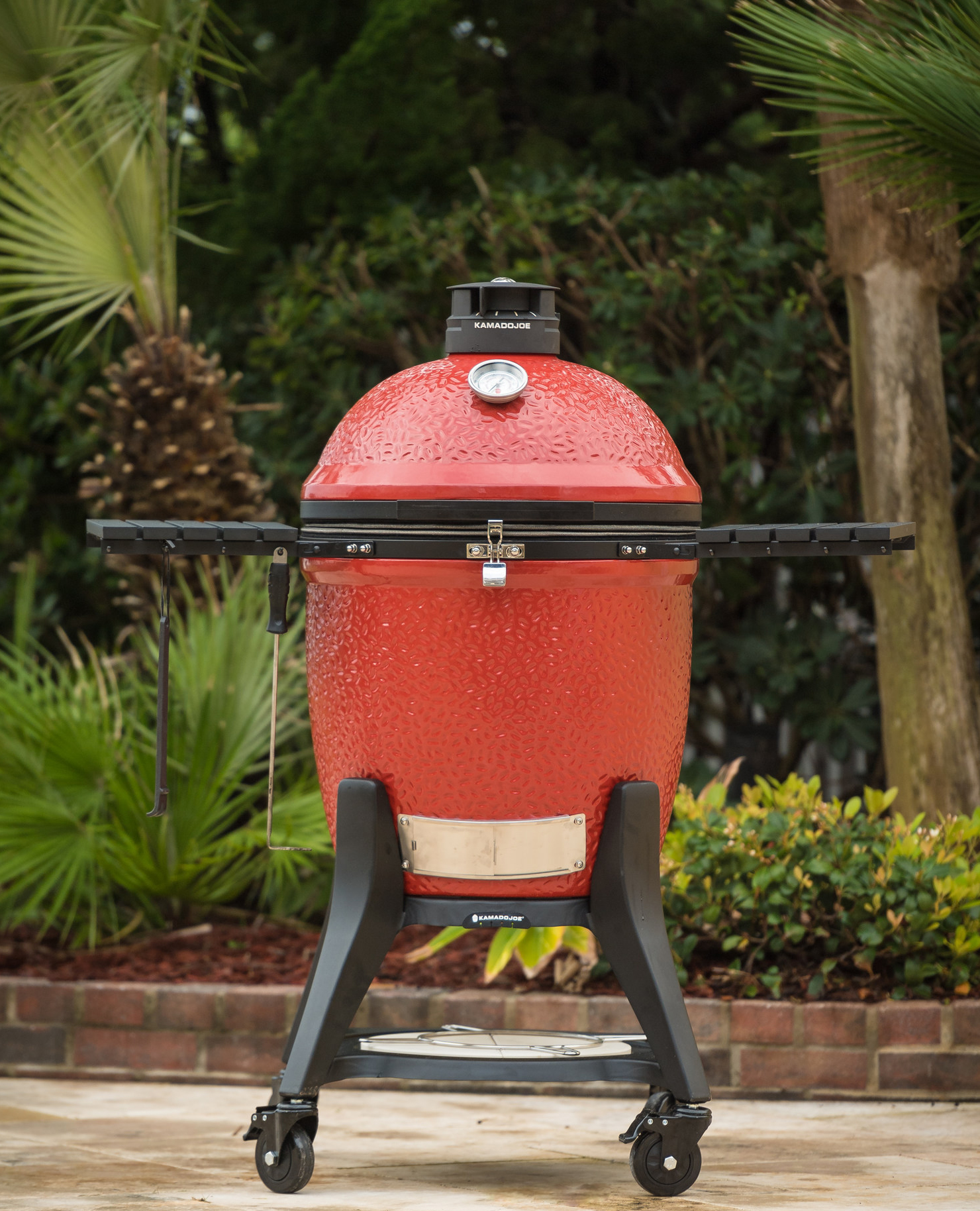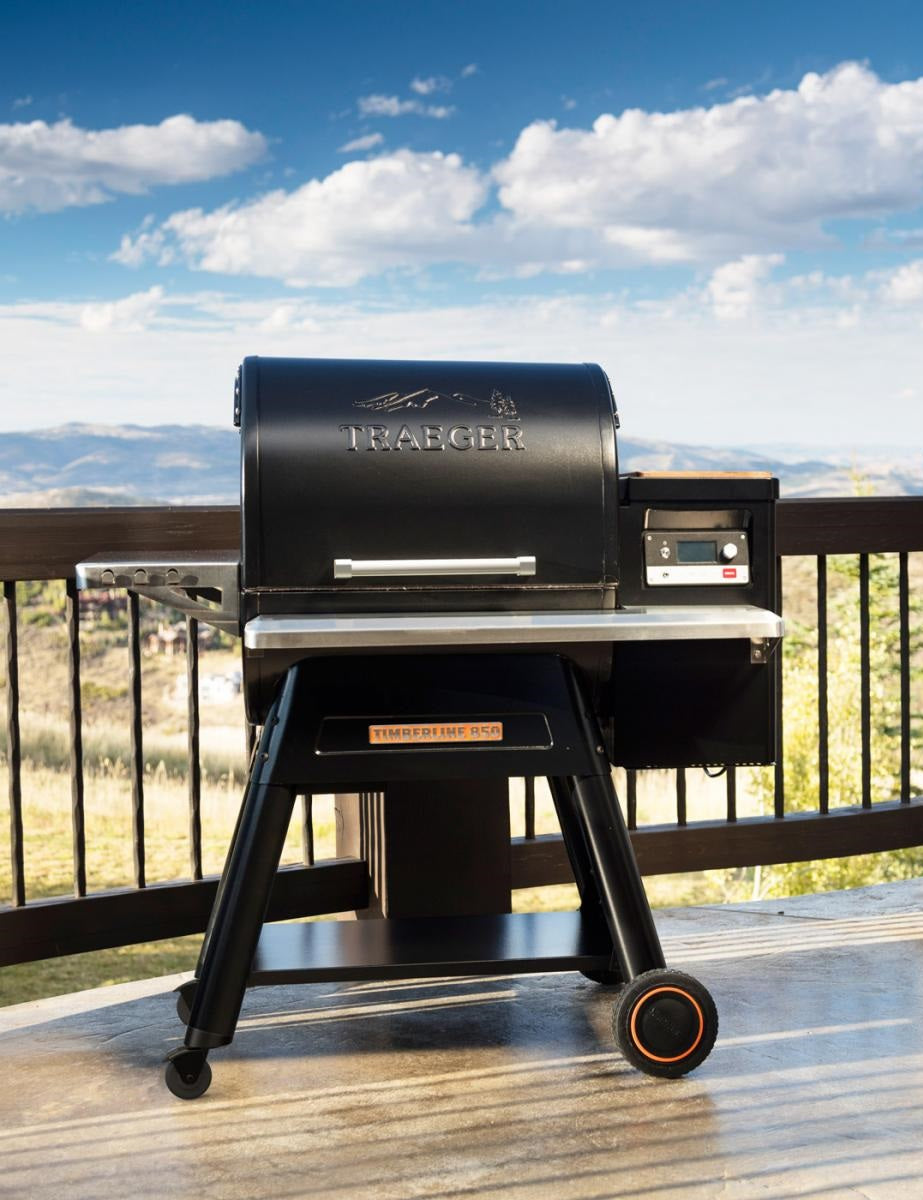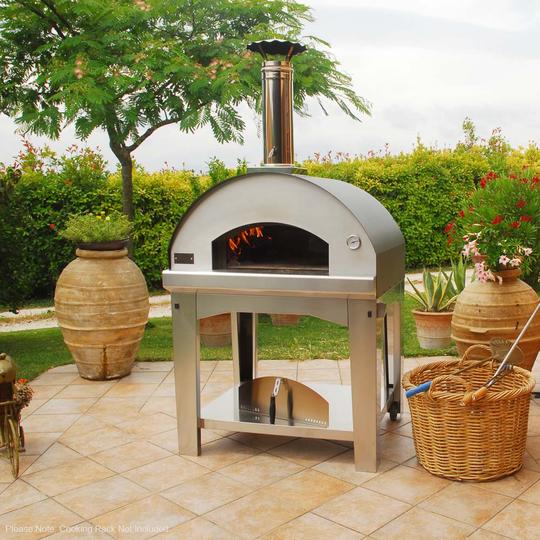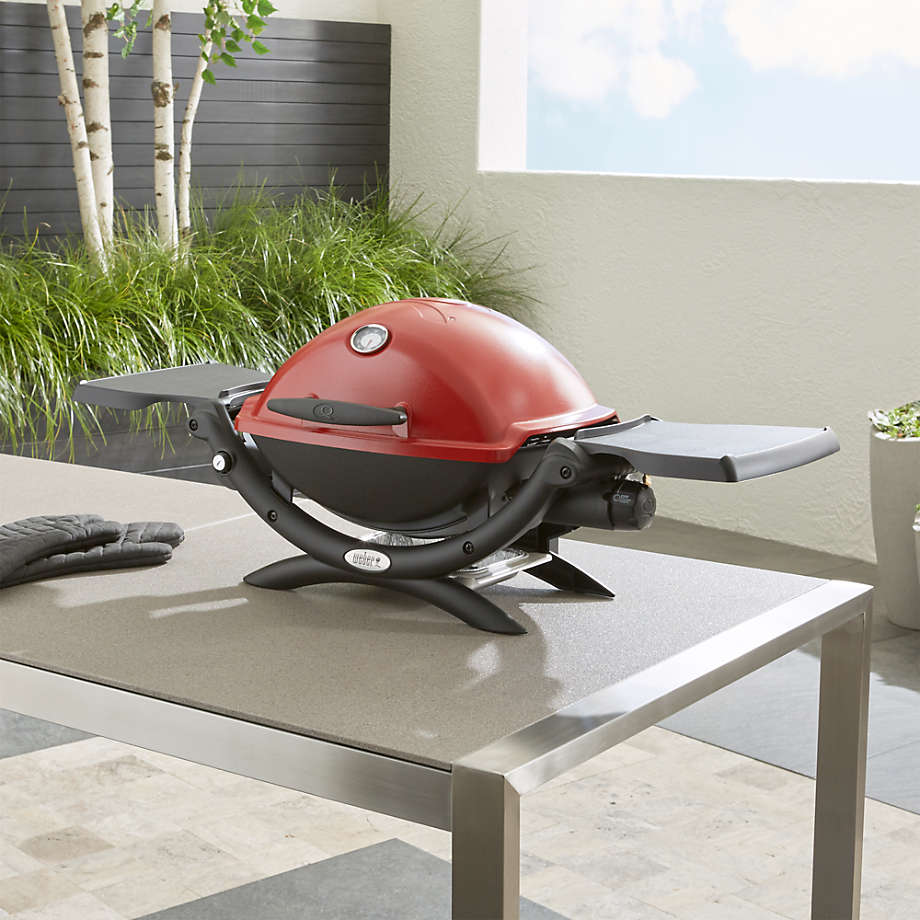How to Oil BBQ Grill
When it comes to barbecuing, giving meats and vegetables the perfect smoky taste is one of the best features that many barbecue enthusiasts strive for. Many people search for the right grill that would best suit their needs, often comparing the advantages of buying a charcoal grill over other types. Some even invest in multiple bags of different smoking wood chips to ensure their steaks or ribs have the perfect flavour to go with specific side dishes. However, all this work can go to waste if the food sticks to the grill right from the start.
One way to make barbecuing foods without having them stick to the grill is by oiling the grill’s grates. With the right techniques and oil, any of your more delicate cuts of meat and fish will be far easier to flip and move around without them sticking or breaking apart. As an added benefit, oiling the grill properly also reduces the risk of rust from building up and ruining your heat surface. However, it might be surprising to learn that new and old barbecue enthusiasts might not know how to oil a BBQ grill.
We cover the best ways to show you how to oil BBQ grill and the different kinds of oil that work best. If you’re interested in investing in a new grill or want to get some accessories or rubs for an upcoming backyard party, visit Dickson Barbecue Centre.
How to oil your barbecue grill properly
One of the most difficult problems with barbecuing is dealing with food sticking to the grill’s grates right as you flip it. What would be an otherwise perfect salmon steak can split apart, leaving you with flakes of burnt fish that become hard to clean up. Instead, knowing how to oil your BBQ grill grates can be one of the most vital solutions to ensuring that the meat and vegetables you cook on them won’t stick to the surfaces. How you can go about doing this can change depending on your preferences.
Spritz it on
One of the ways you can oil your grill is by using a spray bottle and simply spraying it onto the grates. Make sure that the grill is off and completely cool; wipe any excess oil off with a paper towel, stopping the oil from dripping onto the charcoal, burners or other fuel sources. Once that’s done, turn the grill on for roughly 15 to 30 minutes, and when the oil begins to smoke away, turn off the grill.
Wipe it on
The most common and direct method on how to oil the BBQ grill is to rub the oil onto the grates with an applying surface. The process needs you to dip a folded piece of tissue paper or another piece of clean fabric you don’t mind ruining into the oil before rubbing it onto the grate. This method, however, is best used when the grill is cool. As mentioned before, make sure that any excess oil is mopped up before smoking the oil off for a maximum of 30 minutes.
Brush it on
The main method for how to oil a hot BBQ grill is to use a brush. Start by pouring oil into a small bowl before using a clean brush to spread the oil. This method, unlike the others, doesn’t need to wait for the grill to cool first, making it one of the most convenient methods. Once the oil smokes off, you can reapply the oil again as needed, though a basting brush is recommended for higher heats.
Types of oils
Since oiling barbecue grill grates requires high levels of heat for the oil to sink in, we highly recommend that you use an oil with a high smoke point. Also referred to as high temp oils, these oils only burn and break down at a certain high temperature, each of which varies on the type of oil itself.
Vegetable and canola oils are the most commonly used for grilling and simply oiling the grates. They work quite well at the high temperatures recommended for grilling, roughly 400 degrees Fahrenheit. However, if you tend to cook at much higher temperatures to flash sear meat or simply don’t like the flavour of these kinds of oil, corn and sunflower oils both have smoke points at 450 degrees Fahrenheit. Refined avocado oil can work the best at an incredibly high 520 degrees, leaving many different choices available.
Reconditioning the grill
Though this frequently goes unknown, knowing how to oil a BBQ grill can help prevent rust. Since the grates are made of metal, the lack of care and frequent weather changes, especially in winter, can also cause mildew to grow. While it can be less likely that people will immediately become sick, rust and mold can lead to illnesses and even food poisoning.
Oiling the grates before setting them aside can prevent this since the oil forms a barrier. Regular care during the summer can also help remove some of the smaller, less stubborn spots of rust. With a little vinegar to remove the hard-to-remove rusty spots, your grill can look great while working to its peak efficiency.
How to best season grates
Simply put, seasoning your barbecue grates works the same way as simply oiling them. However, the process differs because once the oil is smoked off, you reapply the oil again. This process is repeated multiple times, essentially baking the oil into the grate and infusing its flavour. It has all the benefits of oiling, adding the oil’s taste to any food set onto the hot grill.
Takeaway
Knowing how to oil your grill can make a great difference in your grilling experience, with many barbecue experts regularly doing it. It prevents meat and vegetables from sticking while adding flavour and depth to the dish. Additionally, the oil protects the grates from rusting, guaranteeing that the food remains as healthy and delicious as possible.


